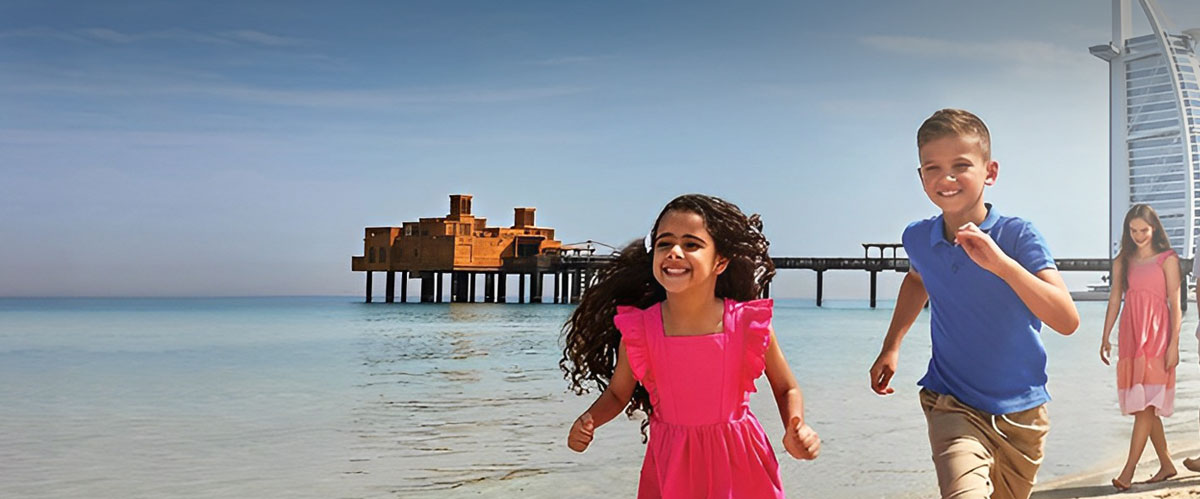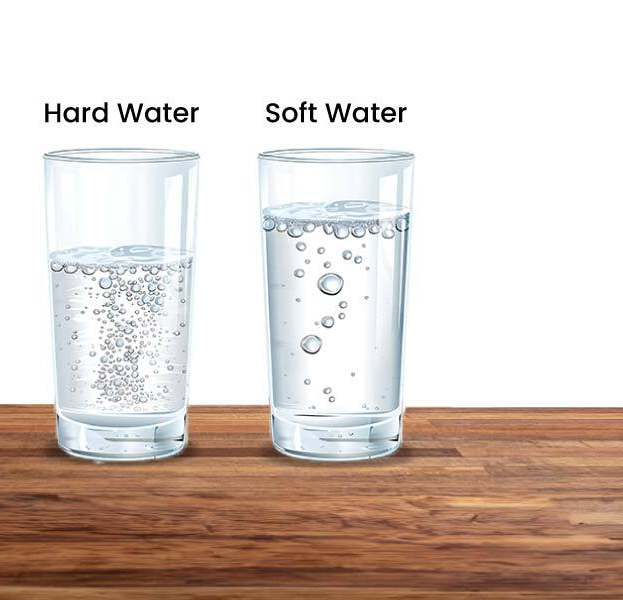Now Reading: Soft Water Safety Revealed: What You Must Know Today 2025
-
01
Soft Water Safety Revealed: What You Must Know Today 2025
Soft Water Safety Revealed: What You Must Know Today 2025

Table of Contents
Water is essential to our lives. We drink it, cook with it, bathe in it, and use it in nearly every corner of our homes. But many people are still unclear about the differences between hard water and soft water especially when it comes to health and safety. One common question that homeowners ask is: Is soft water safe?
Let’s take a closer look at what soft water really is, how it affects our health and daily life, and whether it’s the right choice for your home.
What Is Soft Water?
To understand the safety of soft water, we first need to define it.
Hard water is water that contains high levels of dissolved minerals—mainly calcium and magnesium. These minerals are not harmful in moderate amounts, but they can cause scale buildup in pipes and appliances, reduce soap effectiveness, and leave spots on dishes and laundry.
Soft water, on the other hand, is water that has had most of those minerals removed. This is usually done through a water softener, which uses a process called ion exchange to replace calcium and magnesium with sodium or potassium ions.
Because of the presence of sodium, some people worry about the impact of soft water on health—especially for those who are on low-sodium diets.
Is Soft Water Safe to Drink?
For most people, soft water Safety is perfectly safe to drink. The amount of sodium added during the softening process is generally low. For example, if your water has 100 parts per million (ppm) of hardness, it will only add about 46 milligrams of sodium per liter.
To put this into perspective, one slice of bread contains about 150 milligrams of sodium. So, even if you drank two liters of softened water Safety in a day, the sodium intake would still be less than that in a sandwich.
However, people who are on very strict low-sodium diets due to high blood pressure, kidney disease, or heart problems should consult their doctor before drinking softened water. In such cases, it may be better to install a bypass line that delivers unsoftened water Safety to kitchen taps or choose a water softener that uses potassium chloride instead of sodium chloride.
Soft Water and Skin: A Gentle Touch
One of the biggest benefits of soft water is how it feels on your skin. Many people notice that their skin feels smoother and less dry after switching to soft water. That’s because soft water doesn’t leave mineral deposits on your skin, and it allows soaps and Safety shampoos to lather more easily and rinse off more completely.
For people with eczema, psoriasis, or sensitive skin, soft water Safety may actually be gentler and more comfortable to use. Several dermatologists recommend soft water for bathing if hard water has been irritating the skin.
Soft Water and Home Appliances
Beyond personal health, soft water is a favorite when Safety it comes to protecting your home’s plumbing system and appliances. Hard water can clog pipes and damage water heaters, dishwashers, and washing machines over time. This can lead to expensive repairs or replacements.
Soft water helps appliances run more efficiently and can extend their lifespan. It also means using less detergent, saving money and reducing chemical waste.
The Environmental Angle
While soft water has many benefits for homeowners, the environmental impact of water softeners should also be considered. The traditional ion-exchange softeners discharge salt-laden water during their regeneration cycles, which can harm soil and freshwater Safety ecosystems when not properly managed.
Some regions have even banned or restricted salt-based water softeners for this reason.
If you’re concerned about the environment, consider these options:
- Choose a high-efficiency softener that uses less salt and water
- Use potassium chloride instead of sodium chloride (though it’s more expensive)
- Explore salt-free water conditioners that reduce scaling without removing minerals
Can Soft Water Be Too Soft?
Yes, water that is overly softened Safety can sometimes taste slightly salty or feel too slippery when bathing. This is more likely when the softener is not properly adjusted for your home’s water hardness level.
Too much sodium in the water can also lead to corrosion of metal pipes or fixtures, especially in older plumbing systems. That’s why proper installation and regular maintenance of your softener system are important.
Hard vs. Soft Water: Which One Is Better?
There is no one-size-fits-all answer. Both hard and soft water Safety have their pros and cons.
Choose soft water if:
- You want cleaner dishes, softer laundry, and shinier hair
- You have sensitive skin or a condition like eczema
- You want to protect your home’s plumbing and appliances
Stick with hard water or partially softened water if:
- You are on a low-sodium diet
- You prefer the taste of mineral-rich water
- You want to avoid salt discharge into the environment
Many modern homes find a middle path using soft water for household chores and hard or filtered water for drinking and cooking.
Final Verdict: Is Soft Water Safe?
Yes, for the vast majority of people, soft water is safe and often better for daily use. It improves cleaning, protects plumbing, and can even benefit your skin and hair. However, it’s important to consider your individual health needs, especially if you’re on a sodium-restricted diet.
When in doubt, consult a healthcare provider or water treatment expert. With the right system and setup, soft water can be a smart and safe choice for your home.
Read More:- Shobha Realty Launches Its Most Luxurious Project Yet—Full Details Inside 2025






















